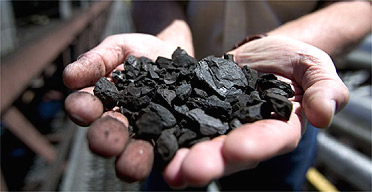This Saturday March 27th, you can take part in the World Wildlife Fund's "Earth Hour" by switching off the lights in your home for one hour - from 8:30pm until 9:30pm.
"Earth Hour" is a symbolic gesture meant to raise awareness about the effects of global climate change. This Saturday night, you can join hundreds of millions of people across the globe by turning off electric devices in your house. And hopefully you'll remember to conserve energy every day by turning off the lights when you leave the room, unplugging electric devices that aren't in use and purchasing energy efficient technology the next time you're in the market for a new appliance.
- The Empire State Building
- Las Vegas Strip
- Broadway Theatre Marquees
- Golden Gate Bridge
- Eiffel Tower
- Sydney Opera House
- Seattle's Space Needle
And many more!
Send a clear message to your neighbors that you care about climate change and want to see more investment in clean energy sources for a better tomorrow! So turn off the TV and computer, light some candles (with your parents' permission of course!) and spend some quality time with your loved ones during Earth Hour this year.














